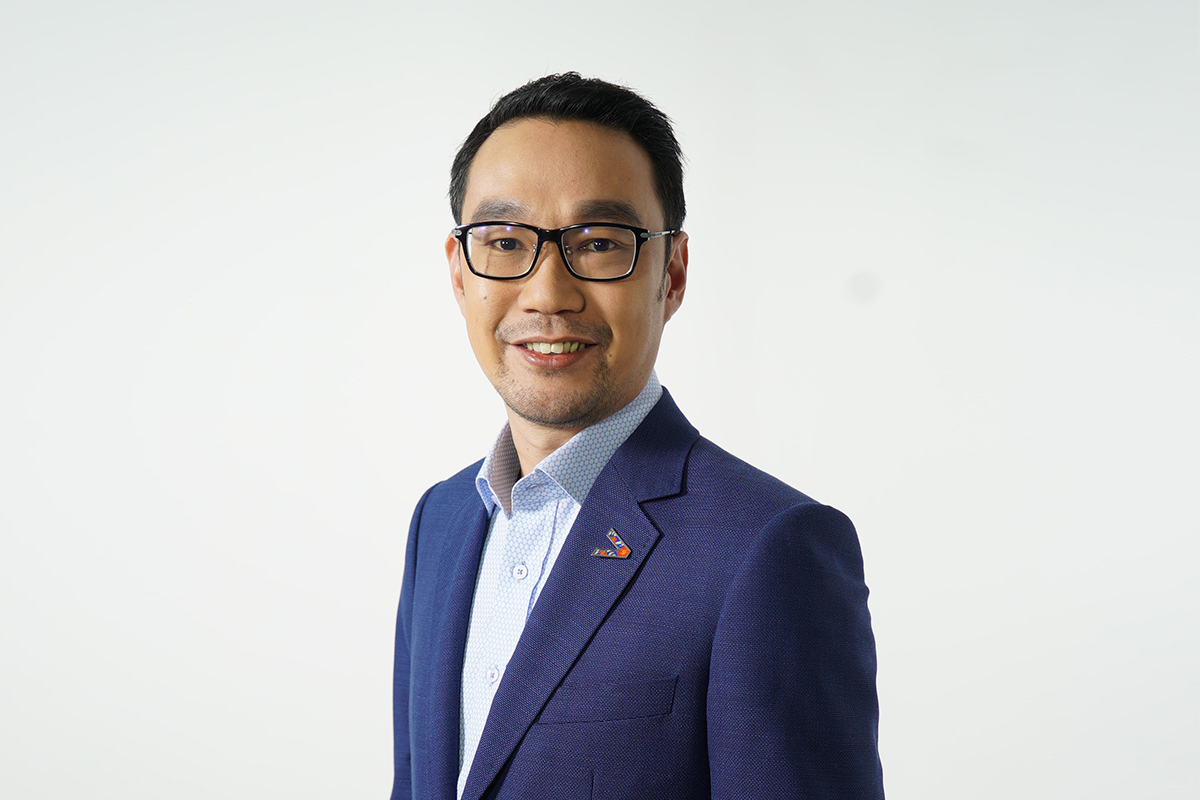
Businesses need to balance “Value” and “Values”, aligning their drive for business value with customer and employees’ values and expectations — Lim
The economic impact of Covid-19 has been tremendous: Malaysia’s economy shrank 17.1% year on year in the second quarter. According to the Department of Statistics Malaysia, this is the lowest recorded since the Asian financial crisis in 1998. The International Monetary Fund’s latest forecast suggests that global GDP will contract by as much as 4.9% in 2020, making this the worst recession since World War II.
C-suites across all industries face overwhelming challenges through uncharted waters. Initially adapting as best they could to the Movement Control Order (MCO) restrictions, now their attention is on a period of unpredictable and potentially subdued economy recovery. This season will be marked by new competitive threats and shifts in people’s behaviours and societal values.
Pandemic-accelerated innovation
Despite the economic challenges, Accenture, in its update to its annual tech report “Technology Vision 2020”, said that “the pandemic has not slowed innovation — it’s amplifying it to historic levels”.
Within a few months, robots are being used to disinfect buildings and deliver packages. Smart medical devices with a range of sensors monitor patients and collect data. Behind the scenes, human-AI (artificial intelligence) collaboration tools are rolled out to address the virus at speed and scale.
Businesses have aggressively launched tech-based services. Virtual events are all the rage now, and online medical consultation, virtual gym workouts and personal grocery shopping services are becoming increasingly common.
This wave of innovation is helping to save lives and livelihoods during a time of great uncertainty. However, there is a danger that by only focusing on short-term needs, businesses may soon find that they are out of step with the people they serve.
Focusing on the ‘i’ in ‘experience’

As technology becomes embedded in the very building blocks of society, outdated business assumptions and approaches have not re-oriented to this increasingly symbiotic relationship.
This is fueling what some call a ‘techlash’ or a backlash against technology. However, this description does not account for the fact that people are using technology more than ever. “Technology Vision” instead calls this a tech-clash — a clash between old models that are not in sync with people’s expectations.
For example, personalised services and interactions have received emphasis for years — businesses gather data and use analytics to deliver targeted services for customers. The report found that two-thirds of consumers (66%) are just as concerned about the commercial use of their personal data and online identity for personalisation purposes as they are about security threats and hackers. “Though customers want customised services, they are starting to feel out of the loop and out of control with concerns about data gathering methods, ownership of data and the security around them,” says Accenture Malaysia managing director Asean cloud lead (resources) Adrian Lim in an interview.
However, Covid-19 has disrupted even that growing unease. Many people have been willing to relax or suspend core values such as privacy to help efforts towards public health.
“This is a good time to rethink how the use of technology will drive value for businesses, while upholding values that are important for their customers and stakeholders,” Lim says.
A good example would be Tenaga Nasional Bhd’s handling of the increases in Malaysians’ electric usage and billing methods during MCO period. It provided clarity of billing details, service to review the bills via customer input, and clear billing records — through its app and additional customer service.
The potential of ‘AI and Me’

Lim also drills into a new reality: that although AI is no longer a far-fetched concept, its applications to enhance automation and execution represent only a fraction of its potential.
During this health crisis, AI has been put to use in radiology for the automation of image analysis to help doctors be more efficient and to reduce human error. Hospitals in China and Malaysia are using algorithms to analyse patients’ lung CT scans for signs of Covid-19 and help expedite the diagnosis and care decisions by medical personnel. At the Tunku Azizah Hospital Kuala Lumpur, Skymind Holdings helped the hospital adopt an Axial AI-based system for clinical and healthcare research.
With understanding and acceptance of AI at an all-time high, businesses must start thinking about how the technology can be harnessed to bring out the full power and potential of their people. That means moving beyond automation/job replacement use cases and reimagining AI as an addition and augmentation to how people perform their work. Experiments have shown that a collaborative relationship between humans and AI enhances the capabilities and performance of both over time as they learn from each other.
A 2019 global Accenture study on AI found that one of the top roadblocks to scaling the technology is lack of employee adoption.
“If enterprises invest in explainable AI and other tools that support and enable true human-AI partnership, people will experience the technology at its best,” Lim says.
Outmanoeuvre uncertainty in a ‘never normal’
Covid-19 has supercharged innovation. Opportunities and challenges that were once years out are now today’s reality. To make it through the uncertainty ahead, in what is not yet a “new normal” but a “never normal”, companies need to innovate, invent and redefine themselves now.
Lim emphasises that “more is needed to be done and companies need to dive into all the possibilities afforded by technology and not just dip their feet in the waters of innovation”.
“Start today by innovating to release or preserve cash flow and re-invest in technology and AI to create truly exciting new products to remain resilient in this era,” he adds.